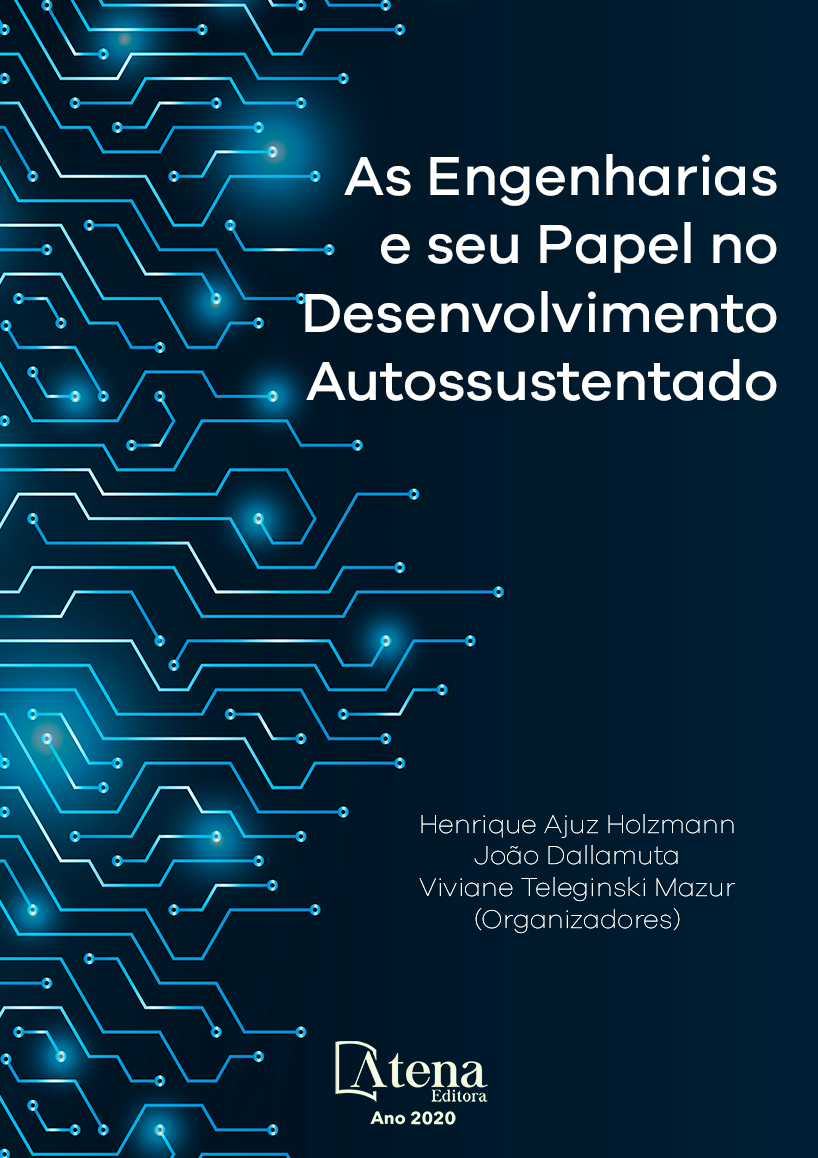
Análise de Infraestrutura e Demanda Energética para inserção de Veículos Elétricos no Brasil
Atualmente, há grande preocupação com as mudanças climáticas e o aquecimento global, resultando na formulação e adoção do Acordo de Paris (COP – 21) aprovado em 12 de dezembro de 2015. Este compromisso foi centralizado em reduzir a emissão de poluentes na atmosfera, onde, grande parte é proveniente da queima de combustíveis fósseis. Em resposta a esse cenário, fabricantes de veículos automotores, têm direcionado esforços em pesquisas e desenvolvimento alinhado ao avanço tecnológico da Engenharia Elétrica e Eletrônica, optando por certos veículos elétricos. Diversos países consolidaram esses tipos de automóveis em suas frotas e estabeleceram metas para reduzir a fabricação de veículos com propulsão à motores de combustão interna, porém, alguns países demorarão um pouco mais para se adequarem as novas tecnologias, devido as necessidades de incentivos e investimentos públicos-privados em infraestrutura de recarga e demanda energética, assim como o Brasil. Fundamentado no que foi exposto, o presente trabalho busca compreender que, para a efetiva inserção dos veículos elétricos no setor de transportes brasileiro são necessários recursos que viabilizem infraestrutura de recarga indispensável para as baterias através de estações de carregamento pública e privada que acompanhem e atendam o crescimento da frota. A pesquisa apresenta uma simulação do impacto energético, baseada em projeções da atual frota de automóveis circulantes no país, relacionando dados obtidos da montadora do automóvel elétrico mais vendido do mundo, o Nissan Leaf. Com o progresso da concentração de veículos plug-in, haverá um aumento no consumo de energia do país, necessitando buscar alternativas que auxiliem o sistema energético brasileiro com geração de energia através de fontes renováveis e consumo inteligente, carregando as baterias nos horários de baixa demanda e descarregando-as nos horários de pico. Recentemente, obtém-se uma boa aceitação aos veículos híbridos, principal caminho para transição dos veículos convencionais à combustão interna para os totalmente elétricos.
Análise de Infraestrutura e Demanda Energética para inserção de Veículos Elétricos no Brasil
-
DOI: 10.22533/at.ed.4662030061
-
Palavras-chave: Veículo Elétrico. Infraestrutura. Demanda Energética.
-
Keywords: Electric Vehicle. Infrastructure. Energy Demand.
-
Abstract:
Currently, there is great concern about climate change and global warming resulting in the formulation and adoption of the Paris Agreement (COP - 21) approved on December 12, 2015. This commitment was centered on reducing the emission of pollutants into the atmosphere, where much of it comes from the burning of fossil fuels. In response to this scenario, motor vehicle manufacturers have been directing research and development efforts in line with the technological advance of Electrical and Electronic Engineering, opting for certain electric vehicles. Several countries have consolidated these types of automobiles in their fleets and set targets to reduce the manufacturing of vehicles propelled by internal combustion engines, but some countries will take a little longer to adapt the new technologies due to the necessity for incentives and public-private investments in recharging infrastructure and energy demand, as will Brazil. Based on what has been exposed, the present work seeks to understand that, for the effective insertion of electric vehicles in the Brazilian transport sector, resources are needed to enable the indispensable recharging infrastructure for batteries through public and private charging stations that accompany and answer the growth of the fleet. The research presents a simulation of the energy impact, based on projections of the current fleet of cars circulating in the country, relating data obtained from the manufacturer of the world's best selling electric car, the Nissan Leaf. With the progress in the concentration of plug-in vehicles, there will be an increase in the country's energy consumption, needing to seek alternatives that help the Brazilian energy system with energy generation through renewable sources and intelligent consumption, charging the batteries at low demand times and discharging them at peak times. Recently, a good acceptance of hybrid vehicles has been obtained, the main path for the transition from conventional vehicles to internal combustion to fully electric ones.
-
Número de páginas: 15
- Gian Lucas Martins
- Vagner Silva Guilherme
- Mailson Gonçalves Morais


